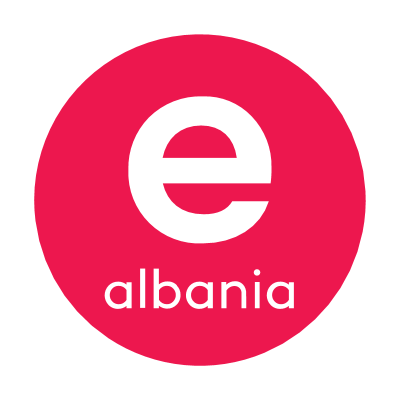Germany, officially the Federal Republic of Germany, covers an area of 357,386 km2 and is the most populous country in the European Union. The capital and largest metropolis since the reunification of East and West Germany on 3 October 1990 is Berlin. The official language is German and the dominant religion is Christianity. The Federal Republic of Germany was one of the founding countries of the European Economic Community in 1957 and of the European Union in 1993.
As a global leader in several technological and industrial sectors, Germany is the world’s third-largest exporter and importer of goods. A developed country with a very high standard of living, it supports a social welfare system and universal healthcare, environmental protection, and free education at public universities.
The great powers, including Germany, recognized the new Albanian state at the London Ambassadorial Conference in December 1912. While the Albanian people striving for independence received little support from the German Empire, the new Albanian state was led by the German prince Wilhelm zu Wied for six months in 1914.
Albania and Germany established diplomatic relations on 18 May 1922. Since 2 October 1987, when Albania and the Federal Republic of Germany re-established diplomatic relations, both countries have shown a great desire and strong will to increase bilateral cooperation.
Since Albania embarked on the democratization process in 1991, the partnership between the two countries has been increasingly strengthened. Germany considers Albania to be a key actor playing a principled, dynamic and stabilizing role in the Western Balkans region.
Albania highly appreciates Germany’s continued assistance in internal reforms such as the justice reform and all the support that Germany has shown in relation to the opening of negotiations with the EU.
The “Berlin Process”, initiated by former Chancellor Merkel and revitalized by Chancellor Scholz, is clear evidence of Germany’s commitment to the path of Albania and the Western Balkan countries’ membership in the EU.
In October 2016, the Republic of Albania inaugurated the Consulate General of the Republic of Albania in the State of Bavaria, headquartered in Munich.
The legal framework between the two countries is complete and multifaceted.
Albania and Germany have cooperated closely within the framework of international organizations.
Relations between the parliaments of the two countries have also been quite intense, including the exchange of high-level parliamentary visits and the commitment of the German Bundestag in supporting Albania’s EU integration process.
In economic cooperation between the two countries, the objective remains to establish the economic dimension at the same level as the political one.
Albania appreciates Germany’s continuous contribution as a direct donor (through grants, soft loans and technical assistance programs) and as an indirect donor through joint programs of the EU, the World Bank, and UN agencies in many areas of the Albanian economy.
We strongly encourage cooperation with Germany in the field of tourism, the promotion of tourist destinations and the encouragement of German investments in the field of tourism.
The Albanian diaspora in Germany, which is well integrated into the society and institutions of all German Länder, as well as the considerable number of young Albanians studying in the most prestigious schools and universities in Germany, constitute strong bridges of friendship and cooperation between the two countries.
A detailed formation on the establishment of diplomatic relations between Albania and Germany is available at the link below:
https://punetejashtme.gov.al/newsroom/8-gjermani/
Below is the list of bilateral agreements signed between Albania and Germany.






